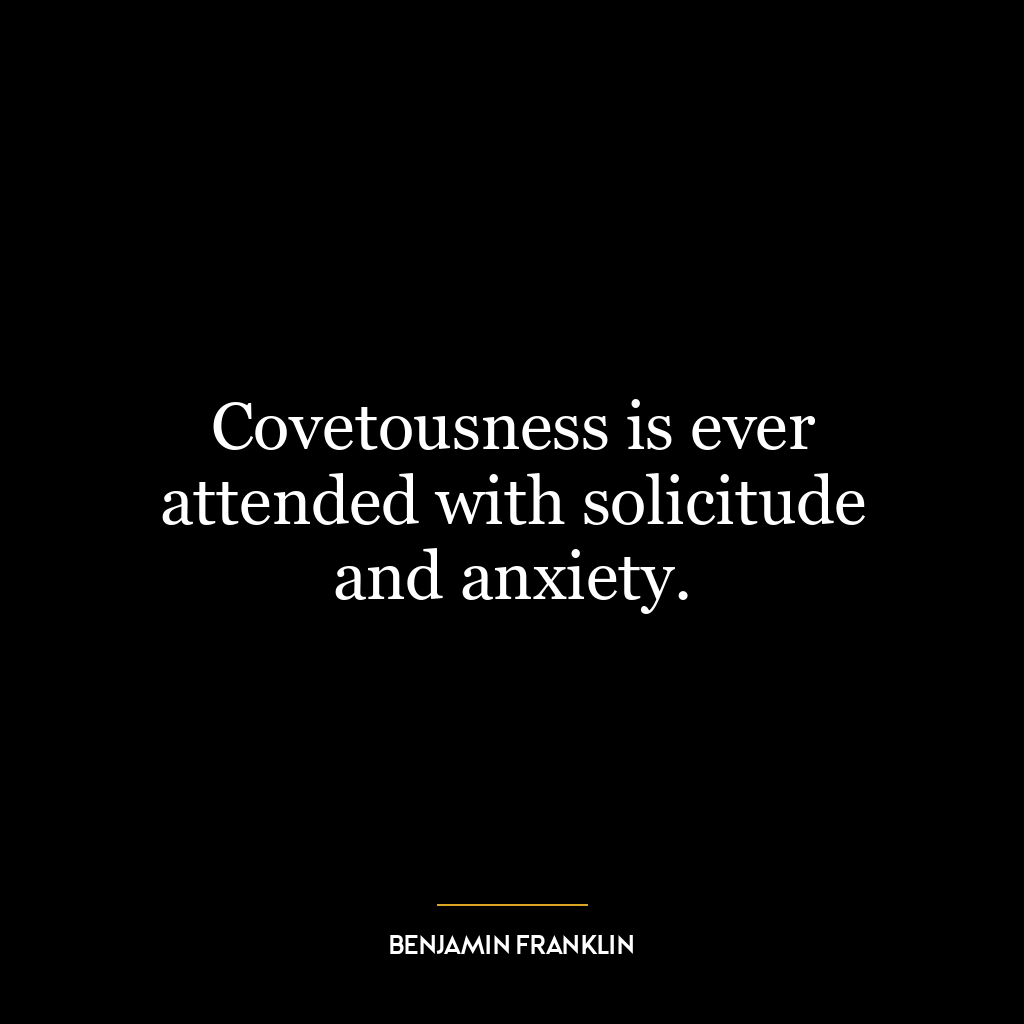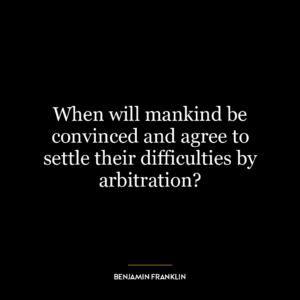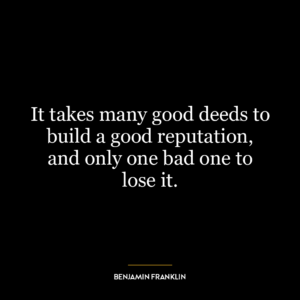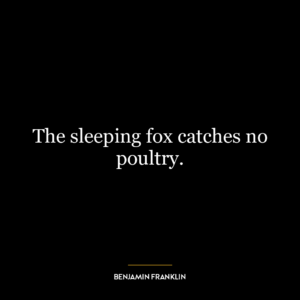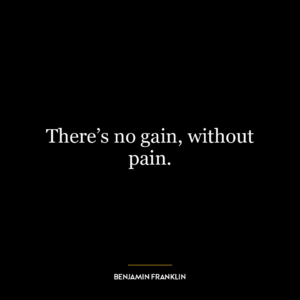Covetousness is ever attended with solicitude and anxiety.
This quote is a profound commentary on the human condition, particularly about the psychological and emotional consequences of excessive desire or greed. Covetousness refers to an extreme desire to possess something that belongs to someone else. According to the quote, such intense longing is always accompanied by solicitude, which means a state of deep concern, and anxiety, a feeling of worry or unease.
The quote underscores the idea that when we are too attached to material possessions or when we excessively desire what others have, we often find ourselves in a state of constant worry and unease. This is because the more we want, the more we fear losing what we have or not getting what we desire. Thus, covetousness doesn’t lead to satisfaction or happiness, but rather to a state of perpetual anxiety and concern.
In today’s world, this idea is particularly relevant. We live in a consumerist society that constantly stimulates our desires and wants. Advertisements, social media, and peer pressure often make us feel like we need more than we actually do, leading to a state of chronic dissatisfaction and anxiety. This is why many people are turning towards minimalism and mindfulness as ways to combat the negative effects of covetousness.
In terms of personal development, understanding this quote can help us redefine our relationship with material possessions and external success. It encourages us to focus more on internal growth and contentment rather than external acquisitions. By reducing our attachment to material possessions and the desire for what others have, we can reduce our anxiety and cultivate a more peaceful and satisfying life. This doesn’t mean that we should stop striving for success or stop desiring altogether. Instead, it means that we should strive for a healthy balance and avoid letting our desires control our emotions and our lives.

